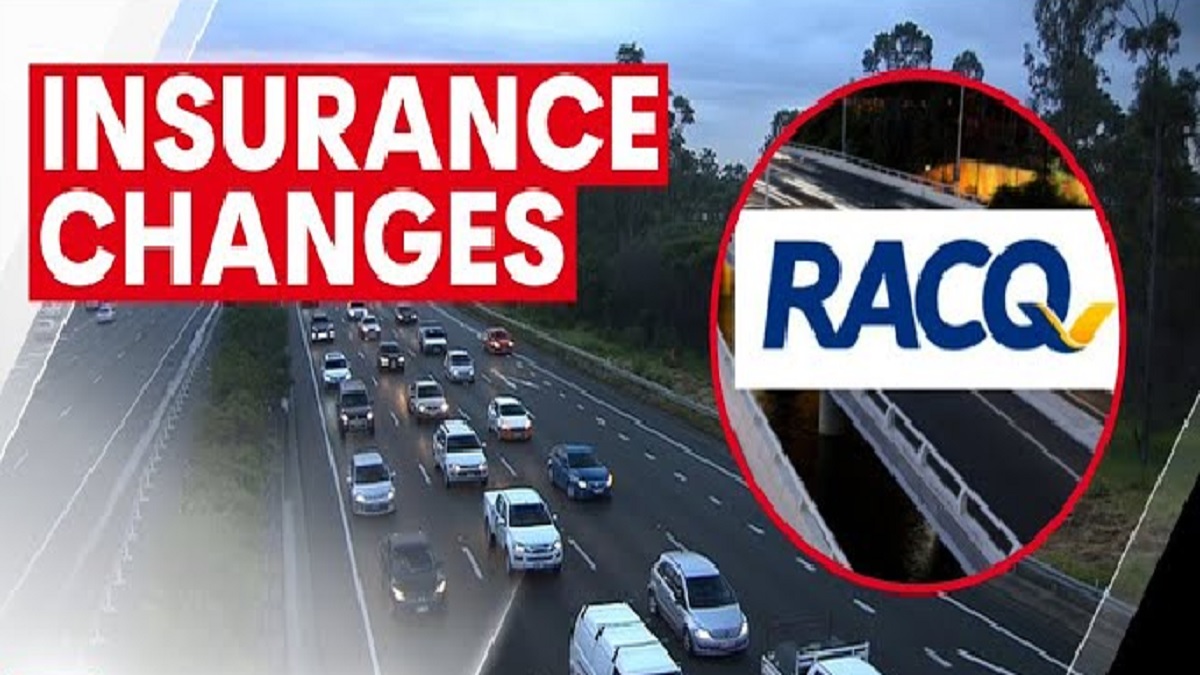RACQ will no longer offer CTP insurance: Check CTP insurance changes
In a recent announcement, Queensland insurance company RACQ has decided to discontinue its compulsory third-party (CTP) insurance offering. After two decades of providing this service to more than 25,000 people injured on Queensland roads, RACQ CEO David Carter conveyed that years of substantial financial losses had rendered the scheme unviable. This decision has sparked debates regarding the implications it holds for both the insurance industry and the injured parties who relied on RACQ’s support.

Racq CTP Insurance Charges
RACQ’s decision to terminate CTP insurance can be primarily attributed to significant financial losses. Insuring drivers involved in vehicular accidents requires a substantial amount of capital to cover potential claims, medical expenses, and legal procedures. Over the years, RACQ seemed to bear the brunt of these financial challenges, ultimately rendering the scheme unsustainable. It is important to recognize the company’s aim to maintain a stable financial position in order to continue providing other essential insurance services to Queenslanders.

By withdrawing from the CTP insurance market, RACQ’s decision will have a profound impact on the injured parties who traditionally relied on the company for compensation. Without the support of RACQ, claimants may face increased financial burdens in seeking appropriate medical and legal assistance. Additionally, there may be a reduction in the overall availability of CTP insurance options, potentially limiting the choices for accident victims seeking compensation.
In light of RACQ’s exit from the CTP insurance market, it is crucial to explore alternative solutions that can address the gaps left by the company’s departure. Government intervention and regulation may be necessary to ensure injured parties still have access to adequate compensation. Collaborations with other insurance providers could also be explored to bridge the gap and offer viable options to those in need. Moreover, exploring innovative insurance models that can provide sustainable coverage and reduce financial risk for insurers may help mitigate the challenges faced by companies like RACQ.
RACQ’s decision to discontinue its CTP insurance offering is a significant development with far-reaching consequences. While financial challenges played a crucial role in driving this decision, it is important to recognize the impact on injured parties seeking compensation. To mitigate the repercussions of this move, it is imperative for the government and other stakeholders to step in and ensure the provision of viable and affordable alternatives. Ultimately, the focus must be on preserving the interests of accident victims and maintaining a sustainable insurance framework.






